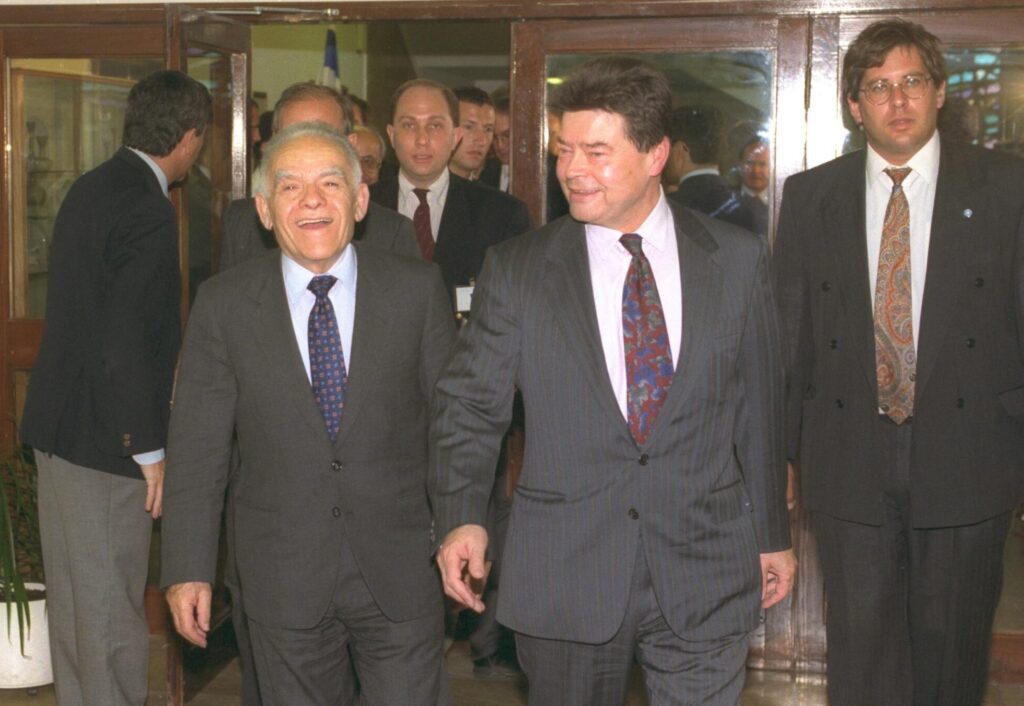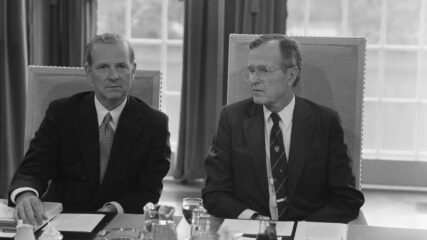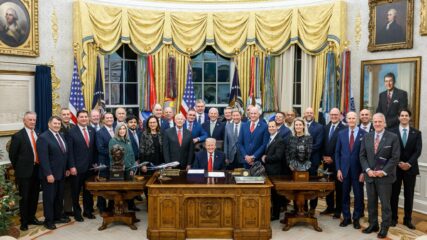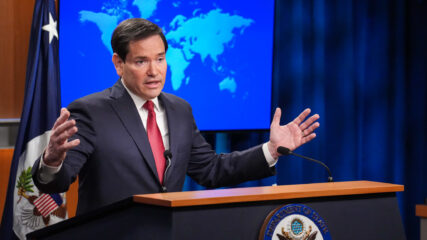October 18, 1991
Israel and the Soviet Union resume diplomatic relations. The Soviet Union and other Eastern bloc countries had broken off diplomatic relations with Israel in June 1967 as a result of the Six-Day War.
The Soviet Union voted to create a Jewish state by endorsing the 1947 partition plan, and was one of the first countries to recognize Israel in May 1948. The Soviets believed that quickly ending the British presence in Palestine would provide Moscow a faster route to spread communism in eastern Mediterranean countries such as Greece and Turkey, as well as other places in the Middle East. Gradually in the 1950s, relations between the U.S.S.R. and Israel deteriorated as the Soviet Union sided with Israel’s Arab foes, particularly Egypt, Syria and Palestinian organizations. Some historians also believe that the Soviet Union severed diplomatic ties with Jerusalem in 1967 because it wanted to reduce Israel’s impact on and potential interference with Soviet Jews, who were not allowed to leave the country.
Relations between Israel and the U.S.S.R. began to improve under the leadership of Mikhail Gorbachev. In 1987 the two countries established consular ties as the Soviet Union eased restrictions on Jewish life and eventually opened the gates of immigration to Israel. The resumption of full diplomatic ties was conditional on Israel agreeing to participate in the 1991 Madrid peace conference, jointly convened by the United States and the Soviet Union at the end of October.
On the occasion of the resumption of diplomatic ties, Boris Pankin, the Soviet foreign minister, told The New York Times: “In the past, the Soviet Union tended to sort of side with the Palestinians and the Arab states, while the United States sided with Israel. This did not bring any tangible fruit. The new approach now is certainly not to have any proteges and support their positions no matter what they say and no matter how legitimate they may be.”









